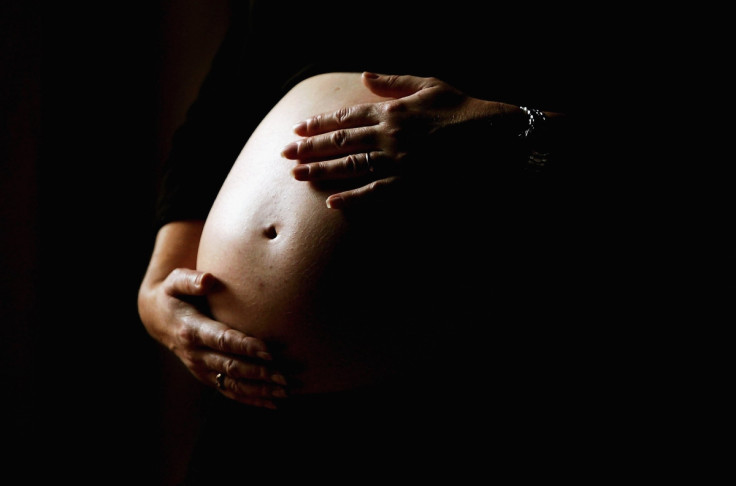Nigeria: Secret backstreet abortions kill 50,000 women a year

At least 50,000 girls die as a result of abortion malpractice in Nigeria every year, the Nigerian Medical Association has warned. The head of the association committee, Chidi Esike, attributed the high rates of death to lack of education and awareness among girls who, he said, are influenced by peer pressure.
Esike made the remarks during an awareness campaign organised by the Committee at Model Girls' Secondary School, Ugwuachara, in the Ebonyi State, where he also urged girls to focus on their education and avoid having intercourse at a young age.
He was quoted by local media as saying: "We decided to interact with the students to create awareness of the major challenges facing them in their education through lectures and help them find best solutions that will make their education most effective."
Rate of abortion high despite restrictive laws
Meanwhile a new report by the US-based Guttmacher Institute and the University of Ibadans found that the number of abortions is increasing in Nigeria, with latest estimates suggesting that at least 1.25 million girls had an abortion in the African nation in 2012, with a rate of 33 abortion per 1,000 women.
The figure has almost doubled since 1996, when the estimated number of women who had an abortion was 610,000.
The report suggested that the high rate of abortion - most of which were were clandestine and conducted in unsafe conditions - might be due to low level of contraception. "Unsafe abortion is a major contributor to Nigeria's maternal mortality rate, which remains among the highest in the world," the paper said. Clandestine procedures are often carried out under unsanitary conditions by providers who are not appropriately trained. The resulting complications range from unchecked bleeding to serious infections and even death.
Cases of unwanted pregnancies and clandestine abortions are high in the African nation, whose tight anti-abortion laws allow the termination of a pregnancy only when the mother's life in danger. Two physicians are required to certify that the foetus poses a serious threat to the mother's life.
In the predominantly Muslim states in the north, abortion laws are regulated by the penal code, which says anyone who causes a woman – or the woman herself – to miscarry risks up to 14 years in jail and a fine. Sentences are tougher if the woman dies after the abortion.
In the predominantly Christian states in the south, abortion laws are contained in the Criminal code, according to which a pregnant woman who causes her own miscarriage can be sentenced to seven years in jail. Those who cause the miscarriage of a woman whose pregnancy is not posing a risk to her health risk 14 years imprisonment. In southern Nigeria, abortions can be performed also to prevent the mother's mental health.
Earlier in July, the UN urged Nigeria to ease its anti-abortion laws to allow women and girls raped by terror group Boko Haram to terminate their pregnancies.
© Copyright IBTimes 2024. All rights reserved.









